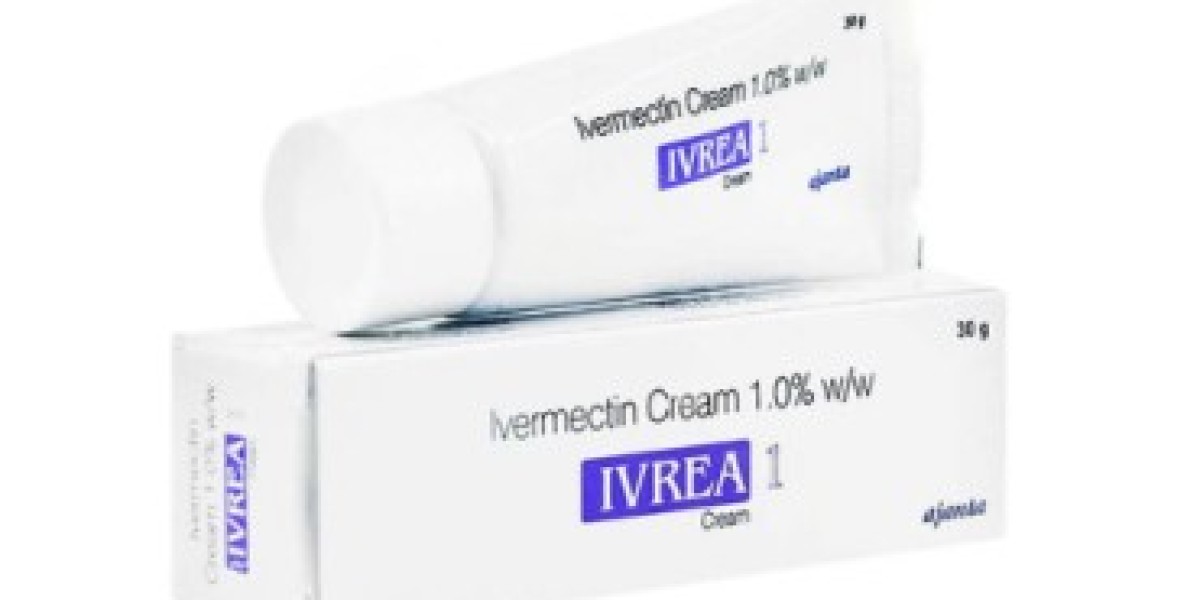Ivermectin cream exerts its pharmacological effects through a unique mechanism of action that helps combat certain skin conditions. Understanding the science behind how ivermectin cream works can provide insights into its effectiveness. Here's an exploration of the mechanism of action of ivermectin cream:
1. Neurotoxicity to parasites: Ivermectin belongs to the class of drugs known as avermectins. It exerts its antiparasitic effects by selectively binding to and activating glutamate-gated chloride channels (GluCls) present in the nervous system of parasites, such as certain mites and insects. This interaction leads to an increase in chloride ion influx, hyperpolarization of nerve and muscle cells, and subsequent paralysis and death of the parasites.
2. Inhibition of neurotransmission: By targeting the GluCls, ivermectin interferes with the normal function of neurotransmission in the parasites' nervous system. This disruption hampers the ability of the parasites to communicate and coordinate essential physiological processes, resulting in their immobilization and eventual death.
3. Anti-inflammatory effects: In addition to its antiparasitic properties, ivermectin has been found to exhibit anti-inflammatory effects. It has been shown to inhibit the production of certain inflammatory mediators, such as cytokines and chemokines, that contribute to the development of inflammation in various skin conditions. By modulating the immune response, ivermectin helps to reduce inflammation and improve symptoms associated with inflammatory skin conditions.
4. Potential effects on the immune system: There is emerging evidence suggesting that ivermectin may also influence the immune response. It has been proposed that ivermectin may enhance the activity of immune cells, such as macrophages, and modulate the production of certain cytokines. These immunomodulatory effects may contribute to its efficacy in managing certain skin conditions, particularly those with an inflammatory component.
It is important to note that the exact mechanisms by which ivermectin cream exerts its effects may vary depending on the specific skin condition being treated. The concentration and duration of exposure to the cream, as well as individual factors, may also influence its pharmacological actions.
It's worth mentioning that while the mechanism of action of ivermectin cream is well-studied, its specific effects and interactions in different skin conditions are still being investigated. Further research is needed to fully elucidate its mechanism of action in various dermatological contexts and to optimize its clinical use.








